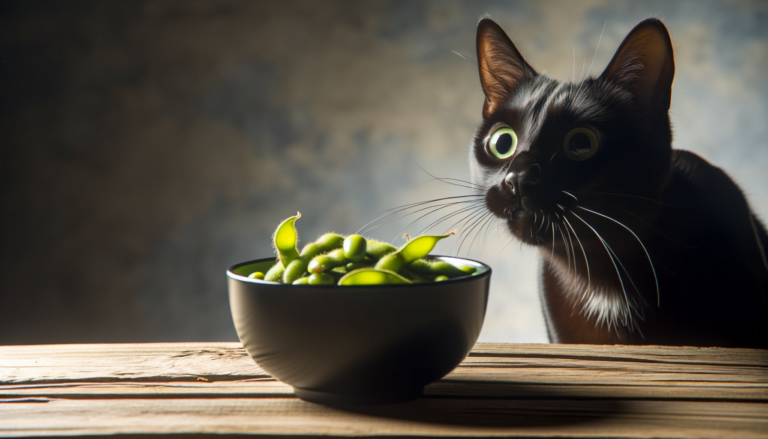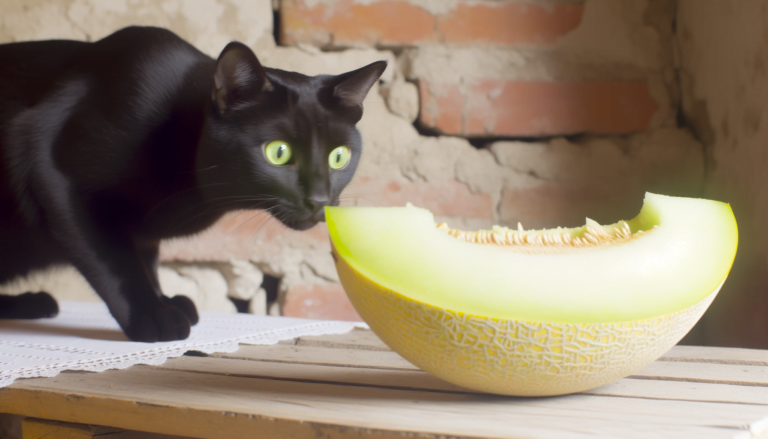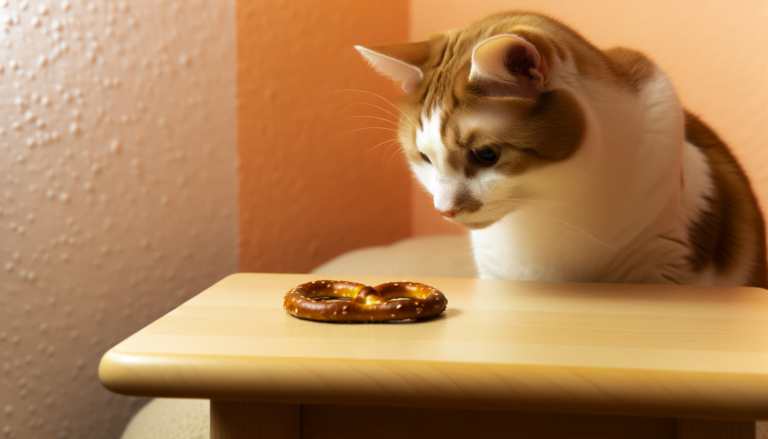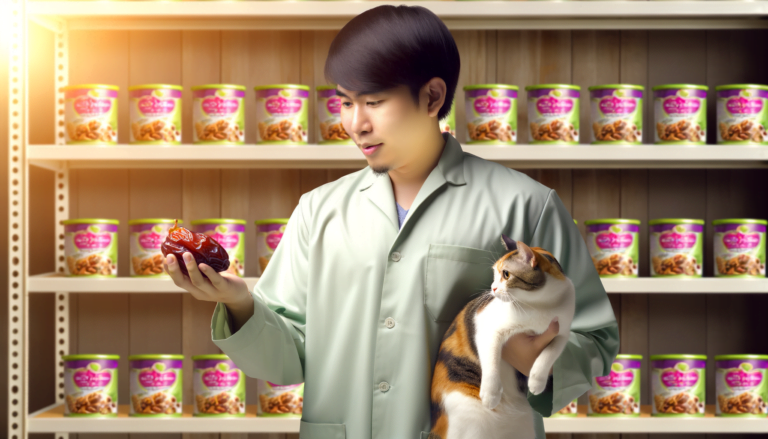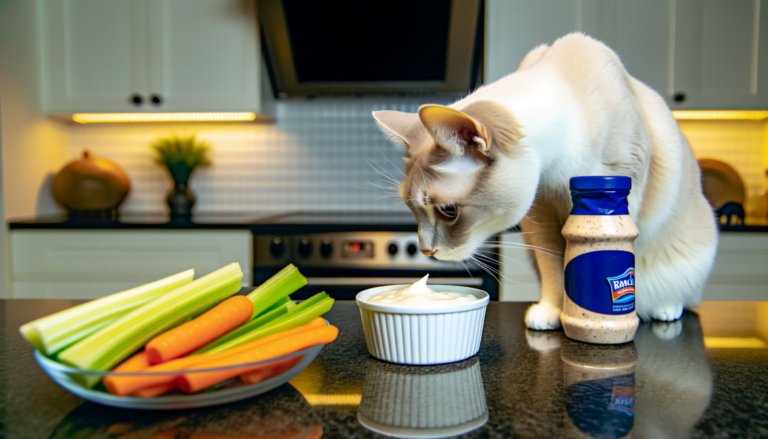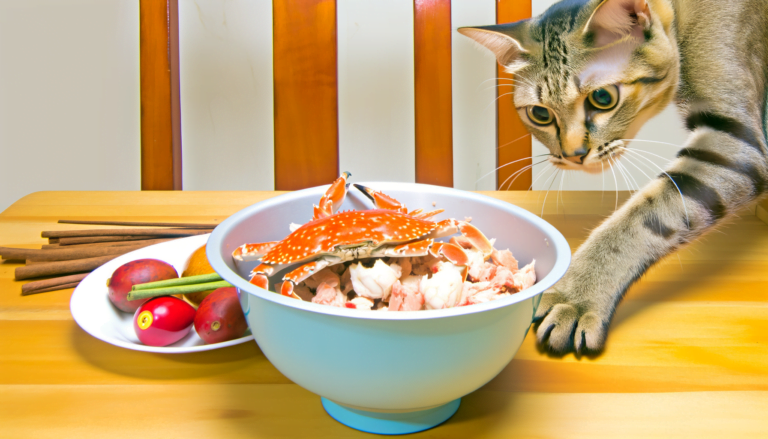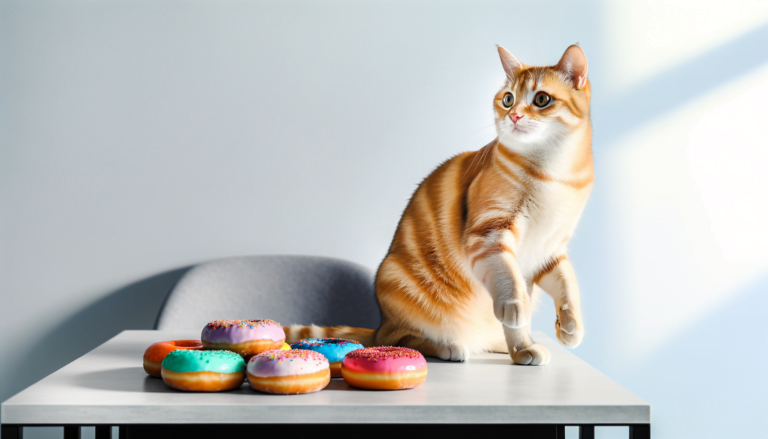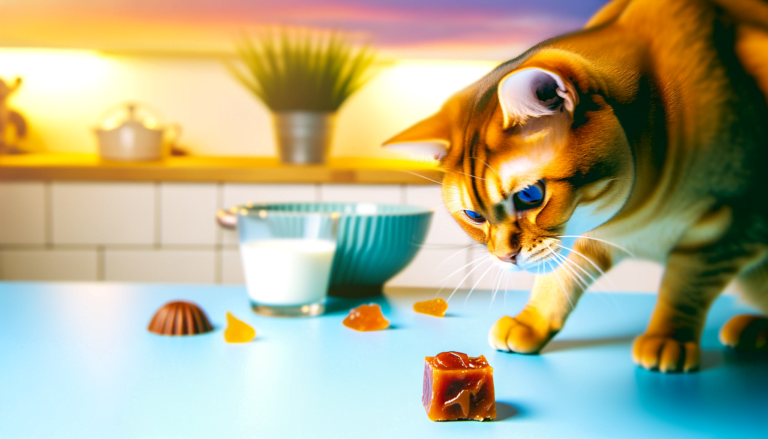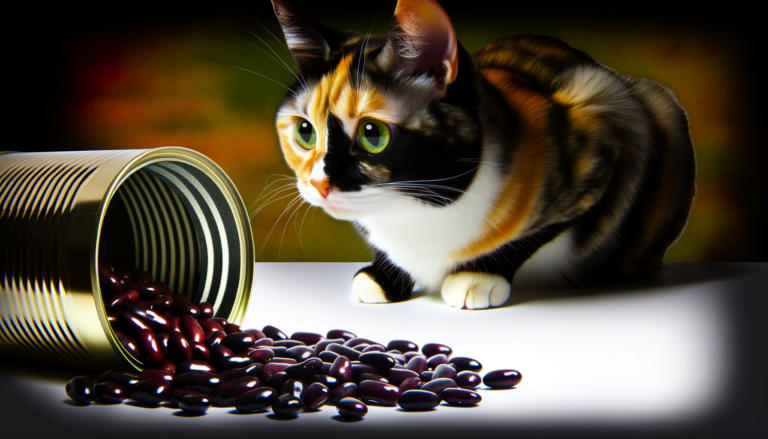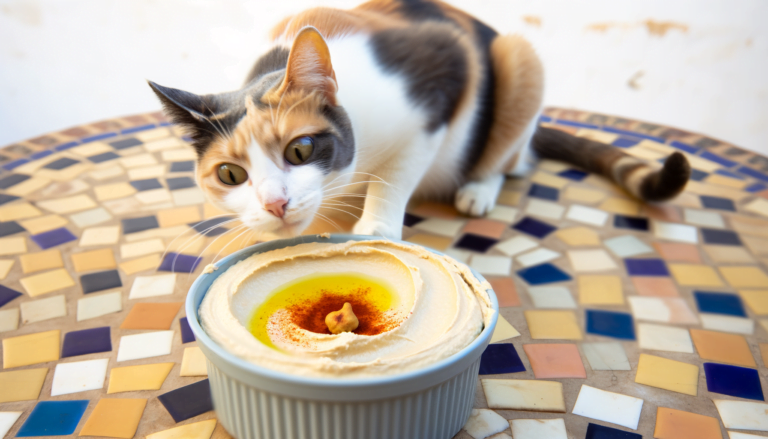Unveiling the Truth: Is Edamame Safe for Your Feline Friend?
Cats can consume edamame, but it’s not ideal for their primary diet because cats are obligate carnivores and require a diet with a focus on proteins from meat. Although edamame is a strong source of protein for humans, the proteins found in plants aren’t as bioavailable for cats, meaning cats can’t use them as effectively as animal proteins. Additionally, consuming too much edamame might cause digestive discomfort for cats, particularly if they are not accustomed to plant-based foods in their diet. Therefore, while an occasional edamame treat won’t harm your feline friend, it’s best to provide them a balanced diet targeted to their unique dietary needs.
